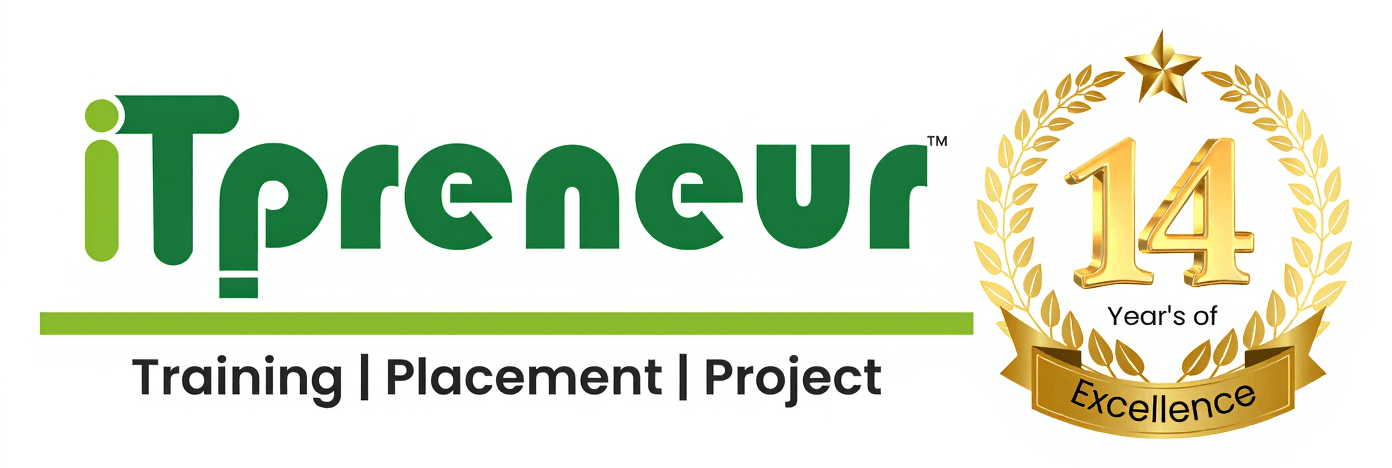Python is arguably the most sought-after programming language in the world right now. Its versatility, readability, and ease of use make it perfect for a plethora of industries including web development or data science. Essentially, learning Python can open up opportunities aplenty but to make sure you don’t squander them you need to come prepared with the right approach when going for a Python interview. A little bit of strategy can go a long way in helping boost your confidence and nail those Python interview questions. So without further ado let’s dive into some strategies that will help you crush those Python related interviews.
Why Python?
Python is an easy to learn, powerful language. It has efficient high-level data structures and a simple but effective approach to object-oriented programming. Python’s elegant syntax and dynamic typing, together with its interpreted nature, make it an ideal language for scripting and rapid application development in many areas on most platforms.
The Python interpreter and the extensive standard library are freely available in source or binary form for all major platforms from the Python Web site, and may be freely distributed. The same site also contains distributions of and pointers to many free third-party Python modules, programs and tools, and additional documentation.
The Python interpreter is easily extended with new functions and data types implemented in C or C++ (or other languages callable from C). Python is also suitable as an extension language for customizable applications.
This tutorial introduces the reader informally to the basic concepts and features of the Python language and system. It helps to have a Python interpreter handy for hands-on experience, but all examples are self-contained, so the tutorial can be read off-line as well.
For a description of standard objects and modules, see The Python Standard Library.
Web Development (Django, Flask)
Data Science and Machine Learning (Pandas, Scikit-learn)
Automation (Selenium, Requests)
Game Development (Pygame)
There is still a demand for Python professionals, especially in the role of Data Analyst, Backend Developer and Machine Learning Engineer and if you are well prepared then you can easily clear the Python Interviews.
Step 1: Master the Basics
For any technical interview understanding the fundamentals is decisive. interviewers need to look that you good inch effect concepts. Make sure you confident in areas such as: Information Types: Know the differences between integers floats strings lists tuples and dictionaries. Control Flow: Understand how to Apply loops (for while) and conditionals (if elif else). Roles: practise writing Roles and get comfortable with using parameters and return values. At ITpreneur we Highlight Constructing a strong foundation in Python to ensure our students are job-ready.
Step 2: Dive into Object-Oriented Programming (OOP)
Many interview questions centre around OOP concepts. existence good inch oop not but shows that you read python Structure just too that you get spell union and ascendable code important oop concepts to master: classes and objects: love however to make and employ classes inheritance and polymorphism: read however to apply these concepts inch python encapsulation: read to protect your information with close and state approach modifiers magic methods: work forward with python __initstr__ and __len__ trick methods arsenic these much look inch coding challenges at itpreneur our python courses admit hands-on oop exercises to service students go good inch these important skills
Step 3: practise Information Structures and Procedures
Information structures and Procedures play a difficult role in technical interviews. interviewers much run your power to work problems expeditiously exploitation the right information Structure or Procedure focus areas inch information structures: lists sets and dictionaries: work easy with python intrinsic information structures and their operations stacks and queues: read however to apply these exploitation lists or collections modules trees and graphs: love the abc and do green traverse methods important Procedures to study:
Step 4: Explore Python Libraries and Frameworks
Proficiency in Python libraries and frameworks is highly desirable. depending along the Role interviewers get face for liberty with libraries that get python powerful: Information skill and analysis: pandas numpy and matplotlib Calculater learning: scikit-learn tensorflow keras web development: flaskful django Mechanization and scripting: Asks beautifulsoup selenium knowing the effect Layout and employment of these libraries leave show your pragmatic cognition and set for different projects

